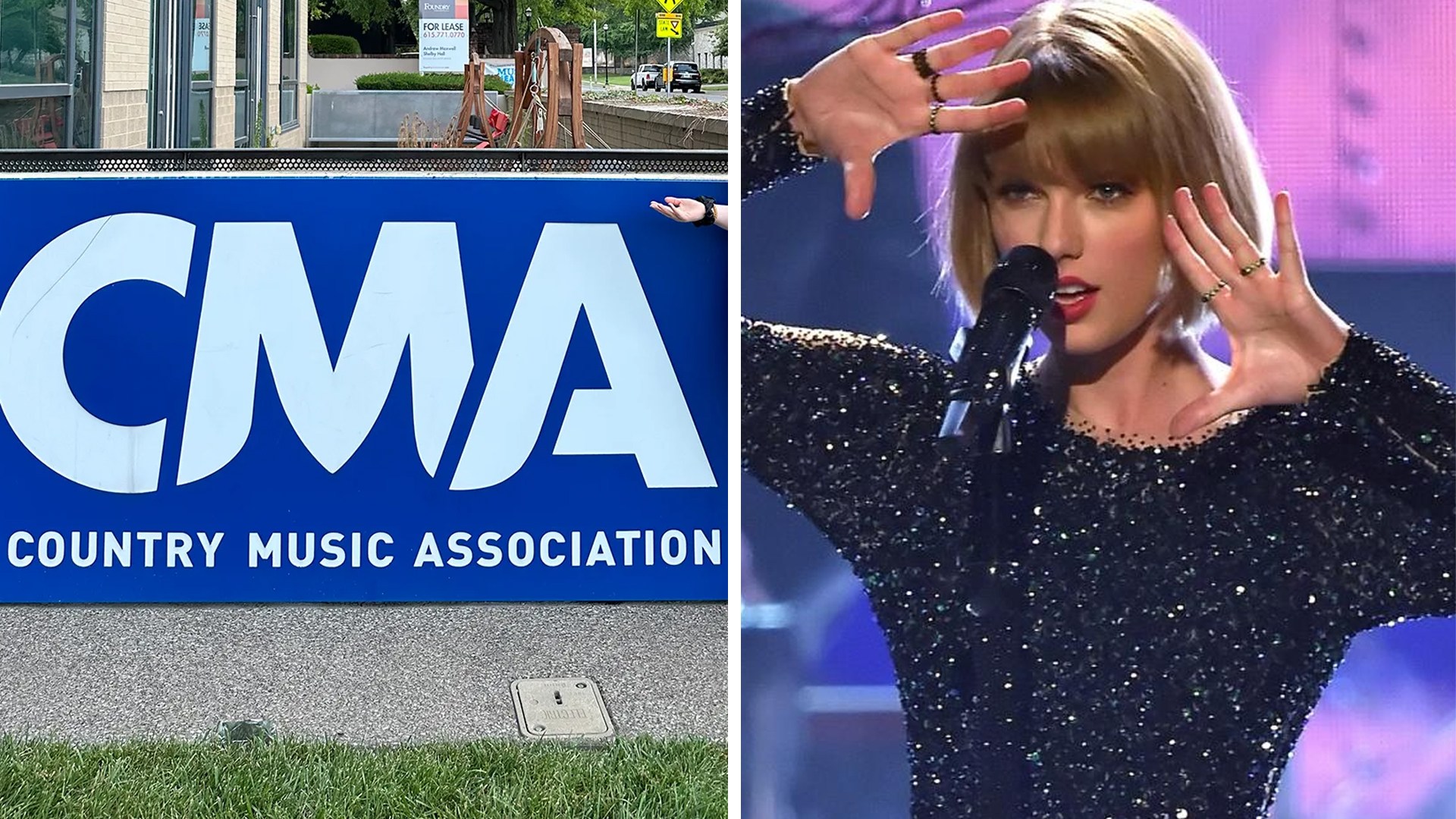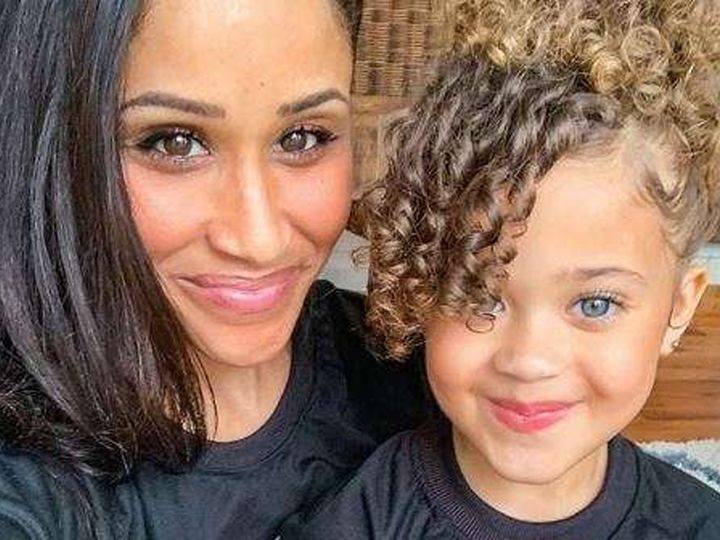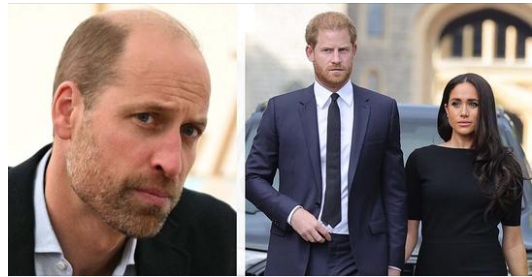In a move that has sent shockwaves through the music industry, the country music community has seemingly turned its back on Taylor Swift after her recent political endorsement. Once the genre’s golden child, Swift has now found herself on the outside looking in, with country music insiders collectively declaring, “She should stay out of politics and focus on entertainment.”
The news comes after Swift made a high-profile endorsement of Vice President Kamala Harris, sparking a storm of controversy. While Swift’s transition to pop several years ago seemed like a smooth departure from her country roots, her recent foray into politics appears to have reignited old tensions. Now, many of her former allies in the country music world are making it clear: the door to Nashville is officially closed.
Taylor Swift’s rise to fame began in the heart of country music. With hits like “Tim McGraw” and “Teardrops on My Guitar,” she quickly became a sensation, captivating audiences with her relatable lyrics and heartfelt performances. For years, Swift was considered the poster child of country music, and her crossover appeal brought the genre into the mainstream.
But that was before. Now, Swift’s political endorsement has drawn the ire of the very community that once embraced her. Following her endorsement of Kamala Harris, country music radio stations, record labels, and prominent figures within the industry have reportedly agreed to distance themselves from Swift altogether. The message? Politics and country music don’t mix—at least not in this case.
“We loved Taylor when she was singing about heartache and cowboy boots,” said one Nashville insider. “But now, she’s stepping into territory that has nothing to do with what country music is all about. She should’ve stuck to what she knows.”
Swift’s endorsement of Kamala Harris seemed to come from a place of genuine conviction. In a lengthy social media post, Swift praised Harris as a leader who could bring about the change she felt the country needed. “Kamala Harris is a champion for women’s rights, equality, and justice,” Swift wrote. “I believe in her vision for America, and I encourage all my fans to support her.”
While many of Swift’s pop fans cheered her on, the reaction from the country music community was far less enthusiastic. Almost immediately, critics in Nashville began questioning her motives and warning that she was alienating a large portion of her audience.
“What Taylor doesn’t understand is that country music has deep roots in American values—tradition, family, and yes, sometimes politics, but not like this,” said one country radio host. “Endorsing Kamala Harris is a step too far for the genre. It’s just not what our listeners want to hear.”
Within days, several country radio stations began quietly removing Swift’s old hits from their playlists. At the same time, industry leaders made it clear that Swift’s presence at future country music award shows would be “unlikely” moving forward.
For the country music industry, the issue isn’t just Swift’s endorsement of Kamala Harris—it’s the idea that she’s ventured too far into political waters. Several high-profile country stars, many of whom had shared stages with Swift in the early days of her career, voiced their frustrations publicly.
“I respect Taylor’s right to her opinion, but she’s a musician, not a politician,” said one country artist, who requested anonymity. “She should focus on what she does best—entertaining people. When you mix politics with entertainment, you’re going to lose people, especially in country music.”
This sentiment seems to be shared by much of Nashville. Many in the industry have long held the belief that country music, while often touching on American pride and tradition, is ultimately about storytelling and entertainment—not political statements.
“Country music has always been about connecting with people on a personal level,” said another industry insider. “When you start getting into divisive political endorsements, you risk alienating fans who just want to listen to good music. That’s why so many are turning their backs on Taylor.”
So, is Taylor Swift truly banned from country music? While no official “ban” has been issued, the signs are clear. Many country radio stations have stopped playing her older country hits. Record labels associated with the genre have distanced themselves from the star, and several country artists have subtly (or not so subtly) called her out.
“Taylor’s making it harder for herself to ever come back to country music,” said one Nashville producer. “If she ever thought she could return to her roots, she may want to think again. The door isn’t just closed—it’s locked.”
Of course, Swift has hardly needed the support of country music since her transition to pop. Her success as a pop artist has been nothing short of astronomical, with multiple platinum albums, sold-out stadium tours, and a fanbase that rivals that of any musician alive. But for Swift, who once sang about her deep connection to country music, the apparent rejection from Nashville is sure to sting.
Swift has not publicly responded to the backlash from the country music community, and it’s unclear whether she intends to. Sources close to the singer say she’s fully aware of the controversy and is “disappointed” by the response but remains focused on her music and advocacy work.
“Taylor didn’t make this endorsement lightly,” said one source. “She knew it would be controversial, but she stands by her decision. She believes in using her platform for good, and she’s not going to let the backlash change that.”
Still, the question remains: Will Swift ever find a way back into the good graces of country music? Or has she burned that bridge for good?
For now, it seems Swift is content with her pop reign, but if the door to Nashville is truly closed, it marks the end of an era for one of country music’s most iconic crossover stars.
The backlash from country music may be intense, but Swift’s fans, known as “Swifties,” are rallying around her in full force. Many have taken to social media to defend the star, arguing that she has every right to speak her mind, even if it costs her support in certain circles.
“Taylor has always been about standing up for what’s right,” one fan tweeted. “If country music can’t handle that, then they don’t deserve her. Period.”
Others, however, feel conflicted. Some long-time fans from Swift’s country days have expressed disappointment, saying they wish she had stayed neutral and avoided wading into the political fray.
“Taylor’s music used to be something everyone could enjoy, no matter what their views were,” said one fan. “Now it feels like she’s picked a side, and that’s hard for some of us.”
Whether or not Swift will address the country music community’s backlash directly remains to be seen, but one thing is clear: Taylor Swift, once Nashville’s golden child, is now finding herself a stranger in a genre she once called home.




